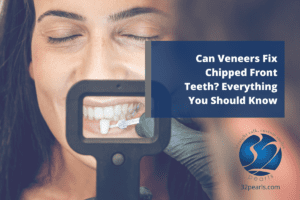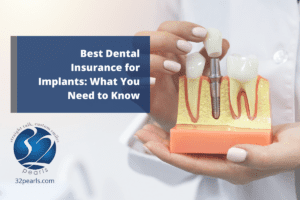Since 2006, dental care for pregnant patients has been considered safe, effective, and recommended. Before then, mostly due to lack of accurate information, women who were pregnant avoided dental procedures and many dental professionals avoided treating pregnant patients. But in 2006, guidelines were changed to promote dental care for pregnant women.
If at all possible, tell your dentist that you are planning on becoming pregnant. Having a regular checkup and getting your teeth cleaned before you are pregnant is the best plan.
Pregnancy itself can often cause swollen, bleeding gums (pregnancy gingivitis) which can trap particles of food and, left untreated, can lead to periodontal disease. Yet a simple cleaning can alleviate the problem as well as prevent others that may occur during pregnancy. Any infection in the mouth should be regarded as an emergency situation and treated promptly so it does not spread to other parts of the body or to the fetus itself, which can cause periodontal disease and sometimes premature birth or low birth weight.
Additionally, pregnancy can also cause pregnancy granuloma, an uncomfortable, red growth that usually occurs around the upper line of the gums. It sometimes bleeds and sometimes crusts over, but usually subsides after the birth of the baby. Pregnancy can also cause enamel erosion from morning sickness vomiting, which contains acid. Lastly, pregnancy can cause dry mouth. All these conditions can be addressed by your dentist.
The fetus’ organs are developing during the first trimester, so dental work that can be delayed should wait until after the fourteenth week. The second trimester is the safest time to have necessary dental work done. Anesthesia and antibiotics (Category B) can safely be administered in most cases, and consultation with your OB-GYN can be made as necessary. Lidocaine, the most often prescribed anesthesia does cross the placenta, so the amount administered should be as little as possible. Still, if you are experiencing pain, more anesthesia should be administered until you, and consequently, your baby is comfortable. Antibiotics in Category B to prevent infection after dental work are safe to take as directed. Even x-rays are safe according to the American College of Radiology, as a single dose of radiation, such as a diagnostic x-ray, with proper protection is not enough to disturb the developing embryo or fetus.
The third trimester is a problem mainly because of the discomfort of lying on your back for long periods of time, and because in some cases it may bring on premature labor. Elective dental work such as teeth whitening should, therefore, be delayed until after the baby is delivered.
It is important, according to the American Dental Association, for pregnant women to eat a balanced diet, brush at least twice daily with an ADA-approved fluoride toothpaste, floss, and see a dentist regularly. Be sure and tell your dentist that you are pregnant. Purely cosmetic dentistry should be postponed until after delivery, but routine exams and cleanings are recommended.
At any stage of pregnancy, emergency procedures can and should be done. Root canals or tooth extraction should not be delayed. Delaying emergency care can put you and your baby at risk. Proper dental care, as proper dental hygiene, are necessary, recommended part of healthy pregnancy care.





